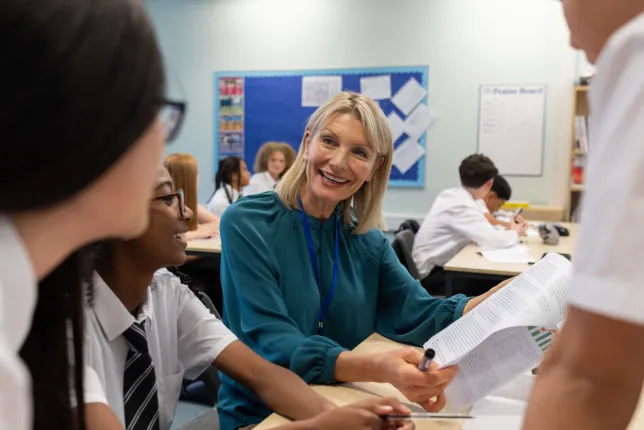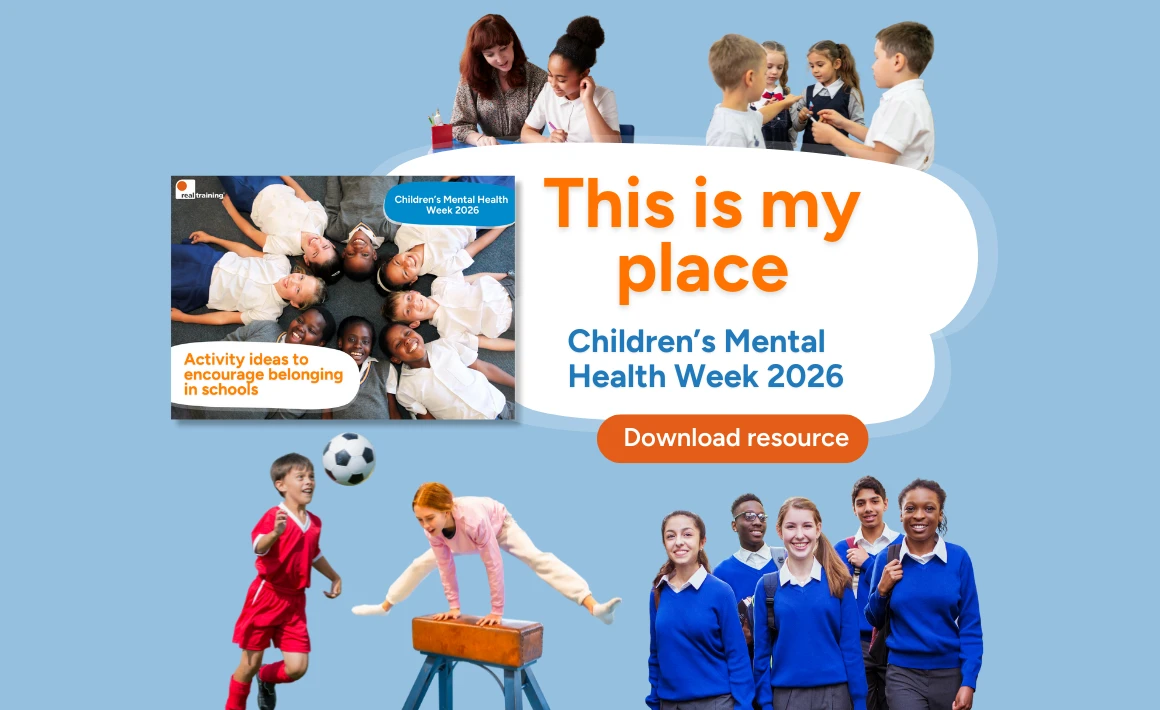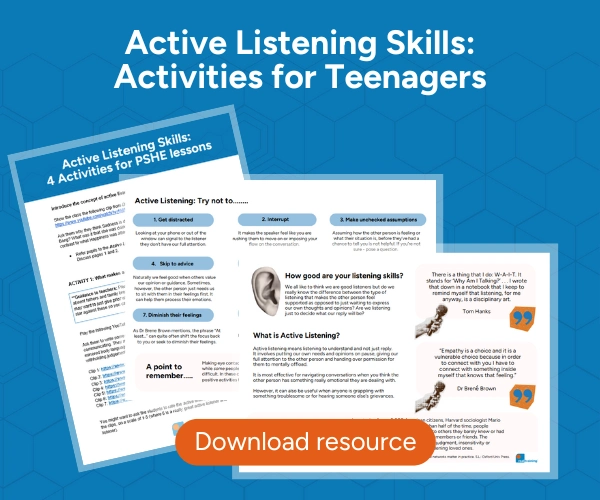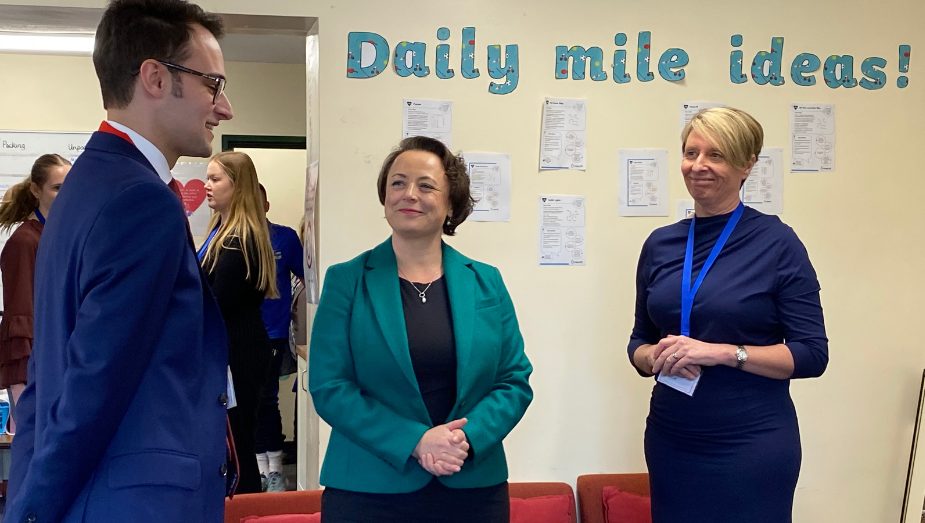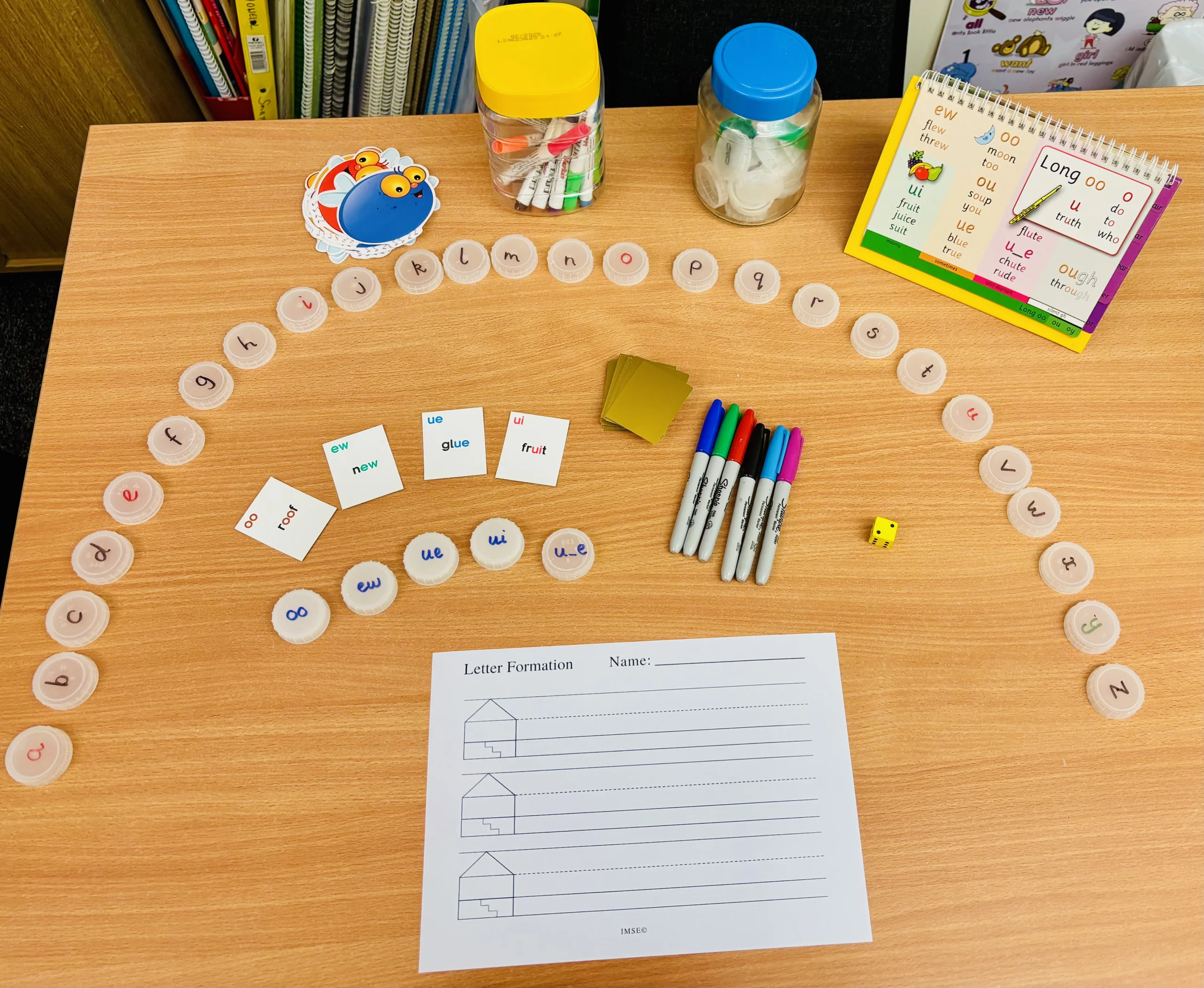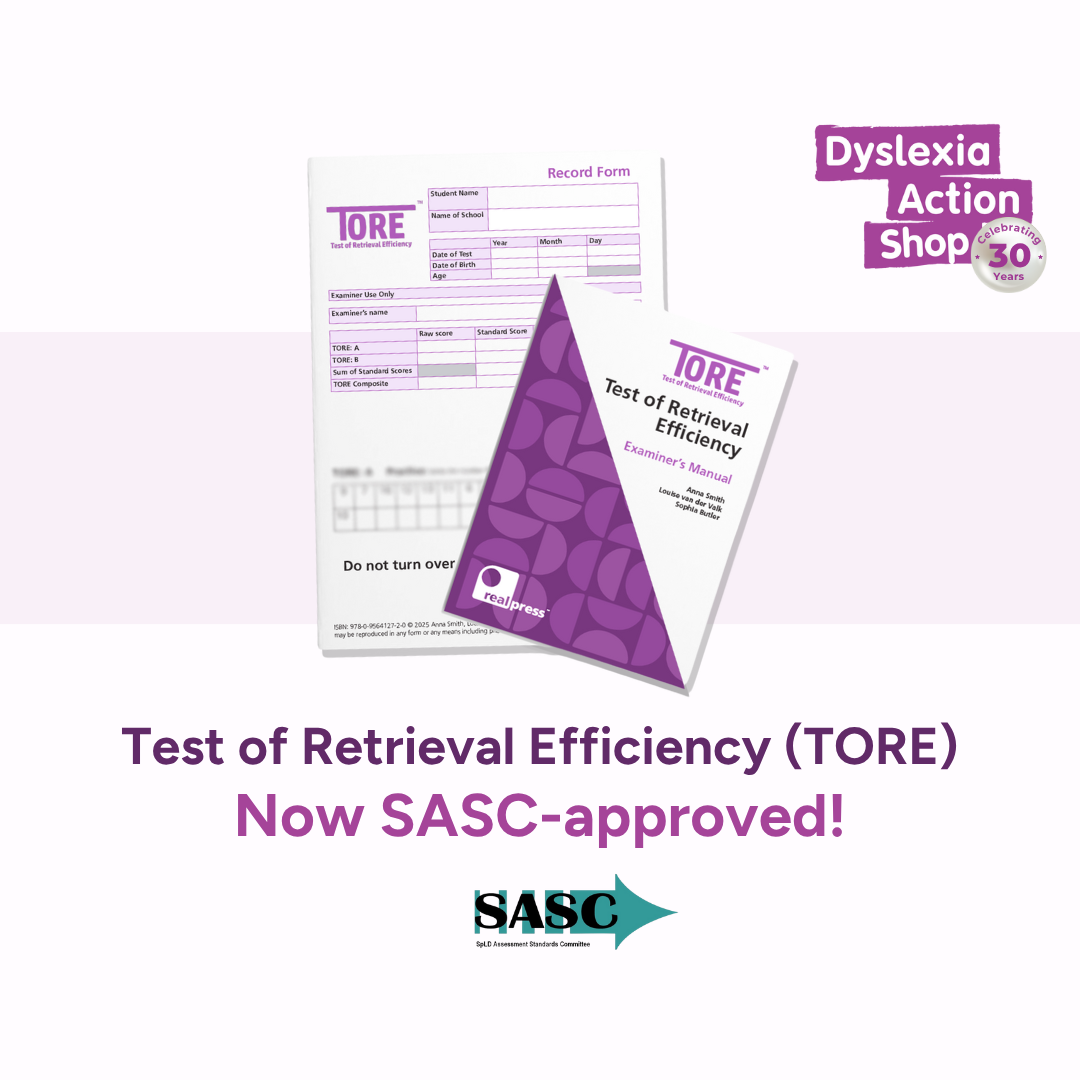11 Things We Learned About How the Schools White Paper will Reform SEND
On Monday, the government released its major new white paper for schools, representing the biggest proposed shake-up to SEND policy in the last decade. The white paper aims to fix a system characterised by an escalating demand for EHCPs as the primary mechanism to access fully resourced SEND support. Whilst…
Read more


